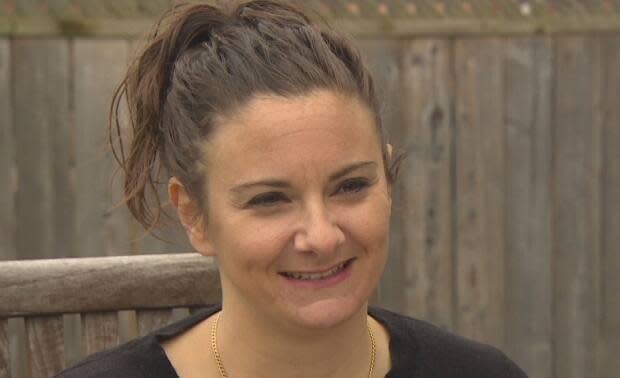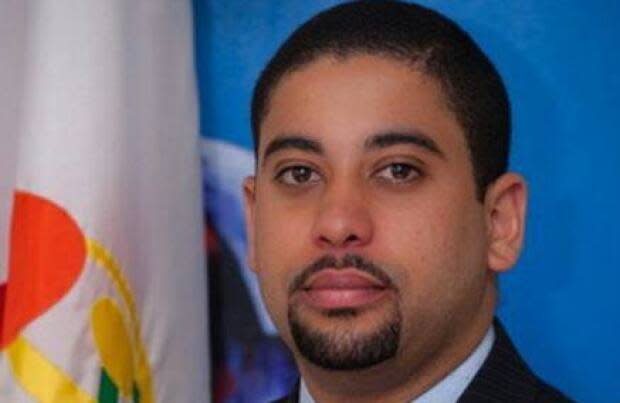Ex-Dominican Republic deputy minister found guilty in sexual assault of Ontario woman

An Ontario woman who nearly lost her chance at justice after being sexually assaulted by an official in the Dominican Republic government more than four years ago says she's relieved he was found guilty this week.
Joanna Kocsis, a University of Toronto PhD student, watched via video as Odalis Ledesma, a former deputy minister in the Caribbean country's Ministry of Youth, was found guilty of raping her in a Dominican court and sentenced to 15 years in prison.
Under the Criminal Code of Canada, the offence would be referred to as sexual assault, but in the Dominican Republic it is referred to in Spanish as "violación sexual" or rape.
Asked how she reacted when the guilty verdict came, Kocsis said:,"We just cried a lot," said Kocsis.
"I felt really proud because it's been so much labour," the 37-year-old said in an interview outside her family's home in Beamsville, Ont.

CBC News first covered this case in 2018, when Kocsis and her lawyers had already filed legal paperwork, but worried that officials may not lay charges before a tight deadline. An investigative news program in that country had covered the case, suggesting documents were being hidden.
The assault happened in April, 2017, two days after she'd arrived in the Dominican Republic for her field research.
Ledesma was a contact who had also arranged an apartment for her to rent from one of his family members.
She said he arrived at the apartment with a bottle of tequila, insisting they have a drink, which she said was drugged. She woke up with him on top of her, assaulting her.
She called the Canadian consulate, quickly flew back to Canada and had a rape kit done at a Toronto hospital.
She said evidence, including from the rape kit, arrived with around 12 hours to spare before the deadline for the case to expire.
"So we've been on the edge of our seats and fighting the whole time."
Then, she said the initial trial, delayed until October 2020 because of the pandemic, found Ledesma not guilty, with the three judges ruling two to one in his favour.

She said during the appeal hearing, Ledesma's words clearly showed her he was guilty, after one of the judges questioned whether he believed everything that happened was consensual.
"And [Ledesma] said, 'Well, as we all know, there are nos that mean no and there are nos that are more of a formality,'" Kocsis recalled.
She's still struggling to come up with the words for how she's feeling.
'It's not my fault'
"Happy does not seem like the appropriate word, because something terrible happened and it's damaged all of our lives," she said, referring to herself, her husband and their nine-year-old daughter.
"Relief that I don't have to be in constant fight mode anymore because it's been over four years. My daughter's nine and it's been pretty much half her life that I've been fighting this battle."
Kocsis hopes to finish her PhD later this fall. It was delayed due to both her involvement with the case and the pandemic, but she doesn't shy away from talking about what happened to her when she teaches students.
She feels it's important to "normalize that this is something that happens to women a lot... and not making it feel like some kind of dirty secret. It's not my fault."

